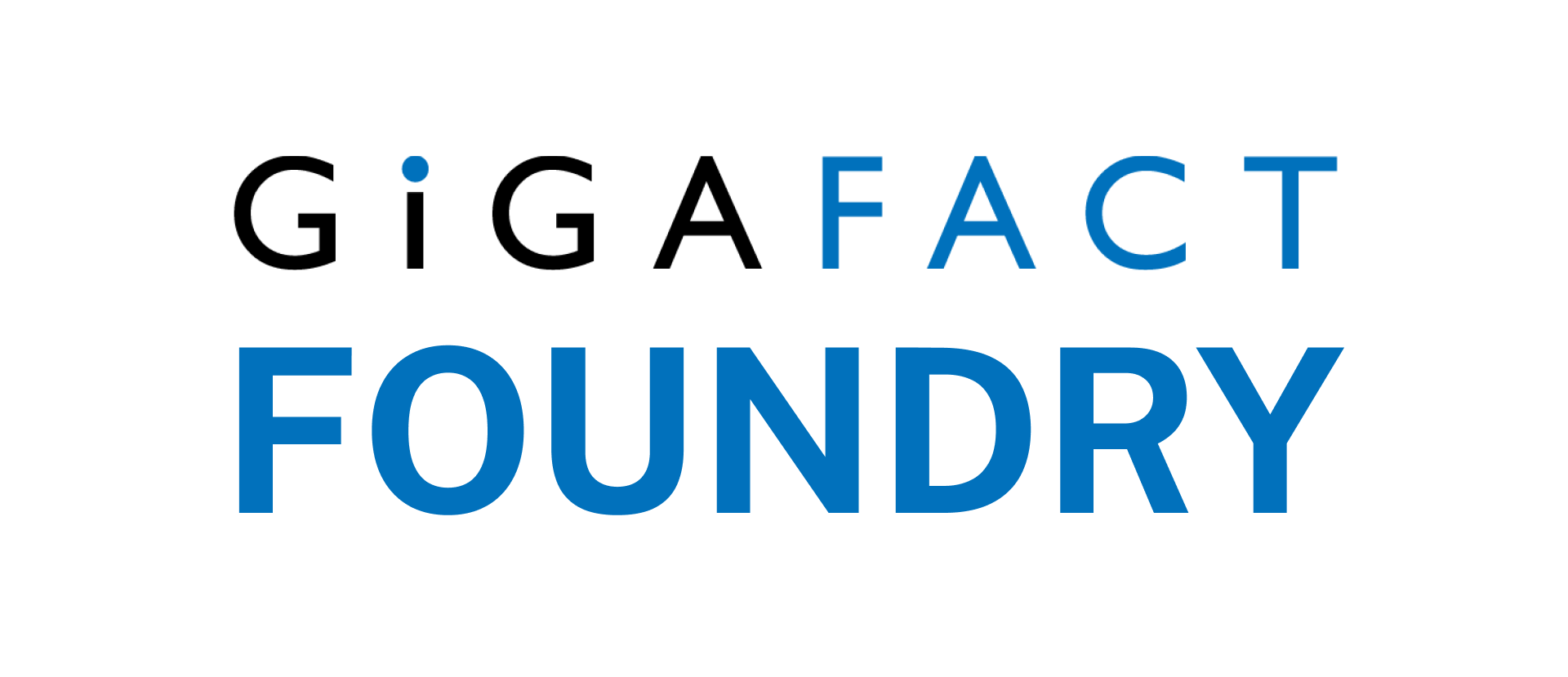Thursday, Oct. 29, 2020
Does raising the federal minimum wage increase workers’ purchasing power?
Raising the federal minimum wage to $15 an hour by 2024 would generate "increased purchasing power for consumption" and a "substantial economic stimulus," especially in the lowest-wage states, Michael Reich, a University of California, Berkeley economist, testified to Congress last year. The effects of this raise would be concentrated in the restaurant and retail industries, as well as in farming, janitorial services, security services, elder care and child care.
Purchasing power has eroded for minimum wage-earners over time, as the federal minimum wage has been fixed at $7.25 since 2009. Based on the Consumer Price Index, its purchasing power in 2017 was 30% lower than in 1968, according to the Aspen Institute.
This fact brief is responsive to conversations such as this one.
Sources
About fact briefs
Fact briefs are bite-sized, well-sourced explanations that offer clear "yes" or "no" answers to questions, confusions, and unsupported claims circulating online. They rely on publicly available data and documents, often from the original source. Fact briefs are written and published by newsrooms in the Gigafact network.
See all fact briefs
Between 2020 and 2022, under close editorial supervision, Gigafact contracted a group of freelance writers and editors to test the concepts for fact briefs and provide inputs to our software development process. We call this effort Gigafact Foundry. Over the course of these two years, Gigafact Foundry writers published over 1500 fact briefs in response to claims they found online. Their important work forms the basis of Gigafact formats and editorial guidelines, and is available to the public on Gigafact.org. Readers should be aware that while there is still a lot of relevant information to be found, not all fact briefs produced by Gigafact Foundry reflect Gigafact's current methods and standards for fact briefs. If you come across any that you feel are out of date and need to be looked at with fresh eyes, don't hesitate to contact us at support@gigafact.org.
Learn MoreLatest Fact Briefs
Is there a scientific consensus that life begins at conception?
Thursday, Aug. 4, 2022
Do countries around the world subsidize fossil fuels?
Wednesday, Aug. 3, 2022
Is the repeal of Roe v. Wade expected to increase the maternal death rate?
Wednesday, Jul. 27, 2022
